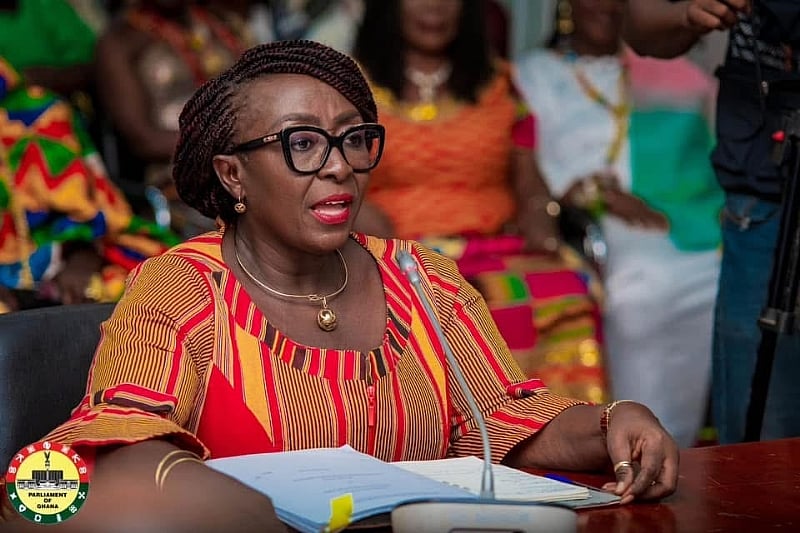Ghana’s tourism sector, while brimming with potential, faces a critical bottleneck: inadequate hospitality infrastructure. This deficiency, as highlighted by Abla Dzifa Gomashie, the Minister-designate for Tourism, Culture, and Creative Arts, significantly hinders the sector’s growth and its ability to contribute meaningfully to the national economy. The lack of sufficient and quality accommodation, competitive pricing, and other essential facilities discourages both domestic and international tourists, impacting revenue generation and job creation. Gomashie, during her parliamentary vetting, stressed the urgency of addressing this infrastructure gap to unlock the sector’s full potential and establish Ghana as a premier tourist destination. This infrastructural deficit forces many Ghanaians to seek tourism experiences abroad, further exacerbating the economic leakage and depriving the local economy of valuable revenue.
The inadequacy of hospitality infrastructure manifests in several ways. One prominent issue is the high cost of accommodation, even within international franchise hotels operating in Ghana. These inflated prices, often higher than comparable establishments in other countries, deter tourists and make Ghana a less competitive destination. The limited availability of diverse accommodation options, ranging from budget-friendly hostels to luxury resorts, further restricts the potential tourist market. Beyond accommodation, the lack of supporting infrastructure, such as well-maintained transportation networks, accessible tourist sites, and adequate sanitation facilities, compounds the challenge and diminishes the overall visitor experience. This collectively contributes to a perception of Ghana as a less attractive tourist destination compared to other countries with more developed tourism infrastructure.
Gomashie identifies private sector collaboration as a key strategy to address the infrastructure deficit. She advocates for partnerships with both local and international investors to inject much-needed capital into developing new hotels, resorts, and other tourism-related facilities. This collaborative approach, she believes, will not only expand capacity but also introduce international best practices and expertise in hotel management and service delivery. By engaging with the private sector, the government aims to leverage their resources and expertise to accelerate the development of world-class hospitality infrastructure, creating a more enticing and competitive tourism landscape. This public-private partnership is envisioned as a catalyst for attracting more tourists and stimulating economic growth.
A crucial aspect of this collaborative approach is engaging with the Ministry of Finance. Gomashie plans to work closely with the Finance Ministry to explore financial incentives and create a conducive investment environment for private sector participation. This includes exploring tax breaks, streamlined permitting processes, and other policy measures that would encourage both domestic and foreign investment in tourism infrastructure. Securing the necessary financial resources and policy support is crucial for the successful implementation of the proposed infrastructure development plans. This coordinated effort between the Tourism Ministry and the Finance Ministry is essential to ensure the sustainable and long-term growth of the tourism sector.
Furthermore, Gomashie emphasizes the need for a comprehensive and strategic approach to infrastructure development. This involves not only building new facilities but also upgrading existing ones to meet international standards. She recognizes the importance of incorporating sustainable tourism practices into infrastructure development, ensuring that new projects are environmentally friendly and contribute to the preservation of Ghana’s natural and cultural heritage. This holistic approach will ensure the long-term viability and sustainability of the tourism sector, balancing economic development with environmental protection and cultural preservation.
Ultimately, Gomashie envisions a future where Ghana’s tourism sector becomes a major contributor to the national economy, creating jobs, generating revenue, and showcasing the country’s rich cultural heritage. Achieving this vision, she emphasizes, requires a concerted effort from all stakeholders, including the government, the private sector, and local communities. By prioritizing infrastructure development, creating a favorable investment climate, and promoting sustainable tourism practices, Ghana can unlock the full potential of its tourism sector and position itself as a leading destination in Africa. This, she believes, will not only benefit the tourism industry but also contribute significantly to the overall socio-economic development of the country.














